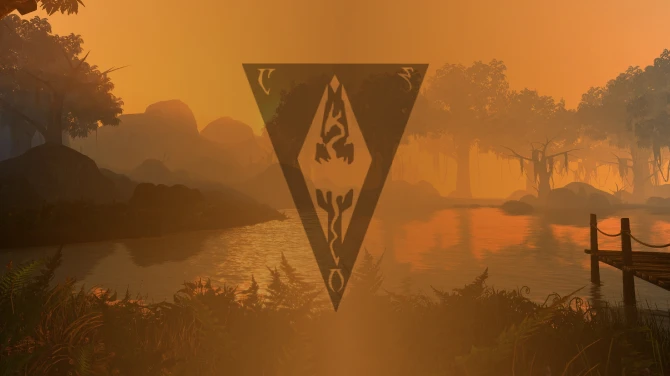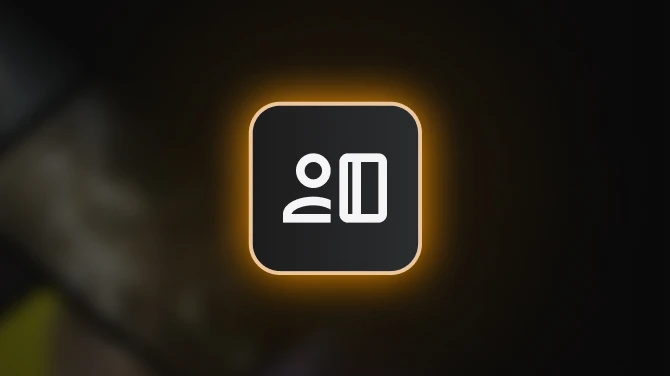An infernalryan Skyrim Modding Resource
Overview
This article is intended to help provide players with fundamental understanding of the Skyrim game engine to help diagnose and troubleshoot common compatibility issues. This guide will be continuously updated as new issues are discovered.
Guide Contents:
Compatibility
There are a lot of versions of Skyrim, so it is no wonder that there is confusion on how to set things up properly, why procedures exist for downgrading SSE/AE, and why crashes are common, etc.. While many people think crashing is the only result of incompatibility, this is not the case. In a majority of cases, incompatibility just means two or more mods are editing the same 'thing' (i.e., record), or the same 'game space' (i.e., place in the world), and things are not working and/or looking right. In some cases, issues are completely overlooked as they cause no perceivable conflict(s). Additionally, incompatibility can be the result of limitations imposed by the game itself that are not always clearly communicated to the general playerbase. I've tried to capture several common compatibility topics in this section. See below.
Load order
Load order, which is the order in which your .esm, .esp, and .esl plugins are loaded, plays a critical part in compatibility. This is why tools such as LOOT exist. LOOT examines all of these plugins in your mod list for any required masters, and can sort your load order to ensure that these masters are always loaded before the mods that require them. If mods are not loaded in the correct order (with required masters first), it can result in crashing. While this is the bare minimum required to prevent crashing, it does not prevent all compatibility issues. Since mods may also modify the same records (see Record conflicts below), there are other considerations. Many mod page descriptions will also provide information on load order with their mod(s), so it is important to understand that it is not advisable to simply rely on LOOT sorting and play the game. If you are using a Wabbajack pack, this sorting should have already been done for you to ensure maximum compatibility, however, if and when adding new mods to such a load order, you will also want to ensure you are following the above.
Record conflicts
At a high level, Skyrim mod files (.esm, .esp, .esl) are simply a series of records. These records are further divided into fields that store data for a given object (such as a creature, npc, game setting, dialog, etc. – more info). Record conflicts occur when two or more mods attempt to edit the same record, even if they are not modifying the exact same fields within that record. Sometimes these conflicts are not problematic, such as two mods changing just the location of an object. In this case, the final location of the object is determined by the last mod loaded (in the load order). At worst, this type of conflict could result in "clipping". Where record conflicts cause real compatibility issues is when one mod changes some fields in a record, and another mod changes other fields in the same record. For example, say one mod modifies the AI package of an NPC (such as the popular 'AI Overhaul' mod), and another modifies that same NPC's appearance. Records are an all-or-nothing overwrite, so again, the last loaded mod in the load order "wins". In this case, if the NPC appearance mod is loaded last, the AI updates provided by 'AI Overhaul' are lost, but the NPC appearance is preserved. If the opposite is true, the AI updates will take precedence, and the NPC appearance updates will be lost. In this latter case, it's also possible you will receive the "dark face bug" because the facegen mesh files will no longer match with the data in the NPC record.
The absolute BEST way to identify any/all record conflicts in your load order is to run the 'Apply Filter to show Conflicts' option within xEdit by right-clicking any mod in your mod list (make sure you load ALL mods). While initially time-consuming (when running on a full load order), reviewing each conflict will allow you to better understand which mod(s) may require a compatibility patch and/or simply need to be repositioned in the load order (if you want a mod to win all conflicting records with another mod, for example). Once the initial review for conflicts are done, you will only ever have to do this on newly-added mods in the future (this time with the 'Apply Filter to show Conflicts (selected files only)' option), which is much less time-intensive. Creating a simple patch is pretty easy, and there are tutorials out there for this, but for major compatibility issues, it is likely that another mod author has done so already. Such patches need to load AFTER both mods.
In-game "clipping"
When two or more mods alter the same area in an interior or exterior game space, "clipping" can occur. Clipping is when two or more objects intersect each other in a way that is not intended (e.g., they "clip" through one another). For example, a tree mod that adds a tree in the same area as a house in another mod, causing the tree to appear as if it is growing out of the house, or a barrel from one mod intersecting a fence in another, etc. These are quite obvious to see when navigating the world, and often compatibility patches exist between the mods to move and/or hide offending objects so they no longer clip. These types of compatibility issues are visual only.
Game crashes
When referring to crashing in particular, mods created with Bethesda's Creation Kit don't typically pose any major compatibility issues on their own (with exception of the recent plugin version number update). The way the game engine handles .esm, .esp, and .esl files has not changed much over the last 12 years, however, issues can (and do) arise when these types of mods modify OTHER mods, and are not kept up-to-date with the mods they are modifying. This type of situation has a higher chance of leading to crashes due to "reference errors". These are more the exception, rather than the rule, because a majority of compatibility issues (and reasons for crashing) arise from .dll plugins (such as SKSE).
What are .dll plugins?
These types of mods are different from those created with the Creation Kit in that they interact with the game engine itself, allowing you to do much more than what is possible with a traditional .esm, .esl, .esp file, etc.. These require much more frequent (and guaranteed) updates. When a new version of Skyrim is released, a new version of most .dll plugins (such as SKSE) is also required. When the game engine changes (with a new version), the functionality of plugins like SKSE break. Any mods which depend on these plugins can also break. Additionally, when these main plugins are updated, the mods which depend on them also need to be updated, otherwise they may not be fully compatible. Mods like Address Library do help with this, but not all mods can/do make use of it.
.dll Plugin compatibility is the primary reason that downgrade patchers and processes exist for SSE/AE. Skyrim is over 12 years old, and there are sometimes many months or even years between updates. Over these long periods, mod authors can lose interest in Skyrim, lose their source materials, etc., so downgrading is a way to enjoy mods which will never receive updates even when newer game versions are released. Unlike Creation Kit mods (which can be viewed in tools like xEdit), many of these plugins are closed-source, and/or no permission is granted to continue the work, so these mods simply die if they are not re-written from scratch by another modder.
Troubleshooting
It is inevitable you will experience crashes with Skyrim. This occurs even in an unmodded (vanilla) game, so when you add in user created Creation Kit and .dll plugin mods, you are further increasing this inevitability. Here are some general tips to avoid and troubleshoot crashing in your game.
Further reading
See below for links to other helpful information.
Other Guides
See my guides page on Nexus for other helpful Skyrim modding guides.
Changelog
See below for changes made to this document.
Skyrim Compatibility and Troubleshooting
Please consider ENDORSING if you found this helpful!
Please leave a comment with any issues or suggestions!









0 comments